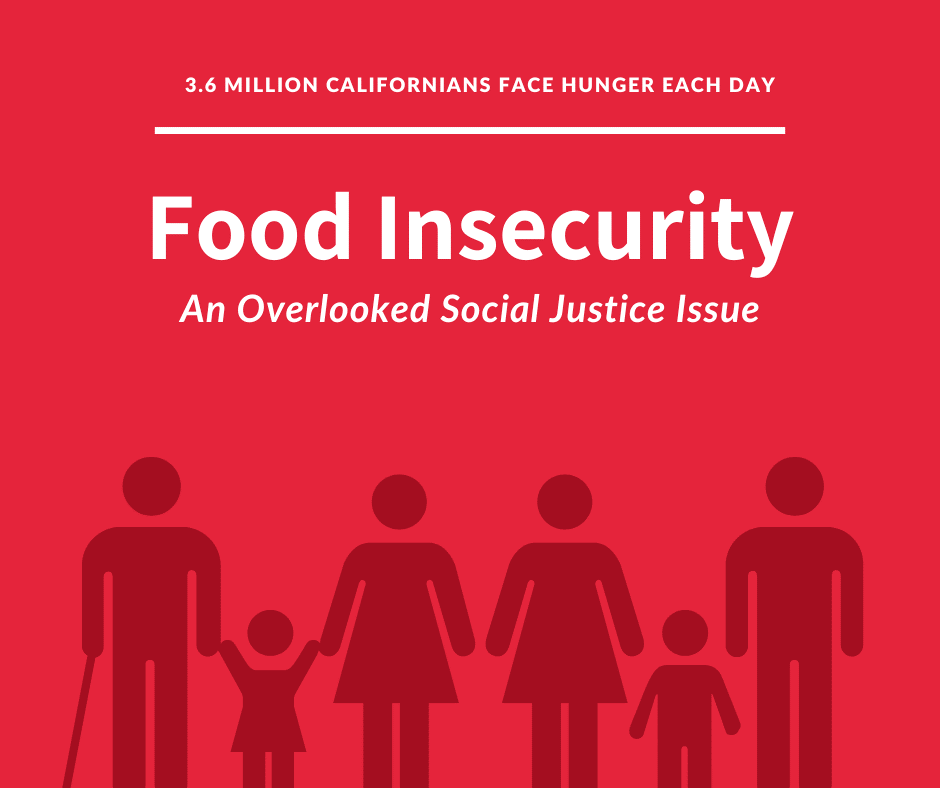California is the 4th largest economy in the world, but incredibly we have nearly 3.6 million people facing hunger on a daily basis – about 1.7 million are children.
This is shocking and represents a social justice problem involving food insecurity.
On the hierarchy of needs, food is about as basic as it gets. Yet too many of California’s urban and underserved communities live in food deserts where there is a lack of access to healthy and nutritious fresh fruits and vegetables.
As a result, people living in these food deserts are at risk of developing diet-related health problems such as obesity, diabetes, and heart disease. Malnutrition can also harm children, who need a balanced diet to grow, develop, and be able to concentrate in school.
Food insecurity can also lead to increased stress, anxiety, and depression, harming a person’s overall well-being.
This is not supposed to happen in a place as rich and food abundant as California.
According to the World Economic Forum, a safe food supply begins with protecting crops from diseases and toxins. That’s exactly what our farmers are doing here in California. Our members at Western Plant Health (WPH) provide fertilizers to give young plants a healthy start and to support their health through harvest. Fertilizers can strengthen a plant’s natural resistance to disease and enable them to hold water and resist drought.
In doing so, WPH ensures our society’s survival and the opportunity for millions of people to lead healthy and productive lives powered by nutritious fruits, nuts, and vegetables.

Share
